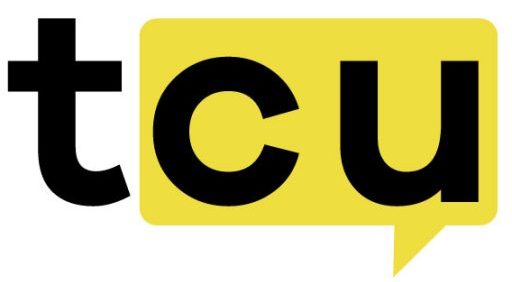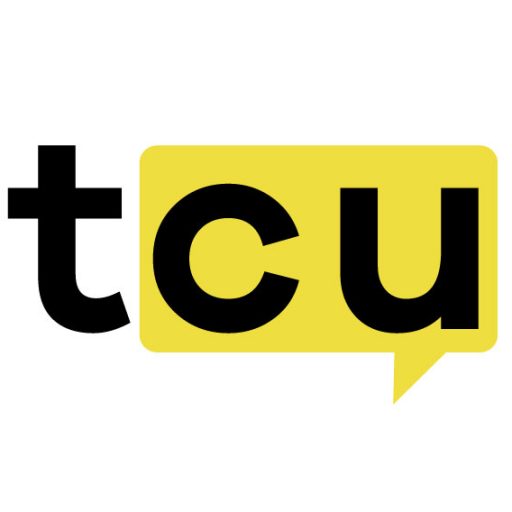The Cardano price is struggling as the blockchain faces scalability issues, slow network updates, and diminishing adoption rates. While ADA has long been a top contender in the crypto space, competitors with faster, more efficient solutions are gaining ground.
One of the biggest challenges is DTX Exchange (DTX), a hybrid trading platform that is redefining the financial landscape. With cutting-edge features and exceptional presale momentum, DTX is positioning itself as a major threat to Cardano’s dominance.
As Cardano price fights to regain momentum, could DTX Exchange be the next market leader? Let’s find out!
Cardano Price Dips: Is the Blockchain Losing Its Edge?
Cardano (ADA) is under strong pressure in 2025, with scalability concerns, slow network updates, and weaker adoption indicators all weighing on its success. ADA is famed for its research-driven approach, but delayed development is becoming an issue.
Despite years of promises, Cardano’s DeFi lags behind rival blockchains. Developers and users desire speedier and more efficient solutions. This raises questions about Cardano’s future in the market.
Another major issue is that Cardano has fewer developers than its competitors. While Ethereum and other blockchains continue to witness fast dApp adoption and ecosystem expansion, ADA’s developer base has grown slowly. Many Cardano projects fail to find enough users, financing, and real-world applications.
On a technical level the Cardano price is failing to breach critical resistance levels around $0.75-$0.80. If cardano price fails to regain momentum, it might lead to a retest of $0.20-$0.30. Cardano’s network activity is slowing. Fewer users are transacting, and daily activity is decreasing.
ADA’s Total Value Locked (TVL) remains low, indicating insufficient investment to compete with Ethereum’s Layer-2s and other blockchains. This is leading traders and investors to question ADA’s future growth.
DTX Exchange’s Hybrid Model: The Best of Both CEX and DEX Worlds?
DTX Exchange (DTX) is an upcoming hybrid trading platform that aims to bridge the gap between centralized and decentralized exchange. While the custody part will follow the benefits of DEX, the platform’s performance will mimic centralized exchanges.
This hybrid platform is backed by VulcanX, their layer-1 blockchain solution. Its testnet recently went live on the platform, giving an expected 200,000 transactions per second (TPS). This set this platform apart from its direct competitors as one of the fastest in the industry.
Compared to traditional exchanges, DTX Exchange aims to unify over 120,000 commodities and give traders access to them through its single unified interface. This will save users a lot of time wasted in switching between platforms to manage different assets.
The team behind DTX places a lot of importance on security. DTX Exchange has been strictly security tested by SolidProof, a third-party firm. The team further plans to expand its security protocols this year with an emphasis on the quantum-proofing of the platform.
Despite being introduced not so long ago DTX has gained quite a lot of buzz, owing to these revolutionary features and cutting-edge technology.
DTX Presale Round Extended: Last Chance to Buy at $0.18
DTX Exchange (DTX) recently sold out its presale phase after marking new milestones every day. The presale raised over $14.8 million in funding. However, due to an unexpected surge in demand, they have launched a bonus presale round, offering each DTX token for only $0.18. It offers investors a last chance to be a part of this transformative platform.
The platform’s native token, DTX, is anticipated to be listed on a tier-1 exchange as the exchange nears its official launch across 41+ countries. Market experts are forecasting a major price hike ahead of this listing, which can translate to over 100x returns.
These bullish forecasts, coupled with its exceptional momentum, have got investors accumulating this token in anticipation that it will soon surpass Cardano price dominance.
To know more about the DTX Exchange ecosystem, Check out:
![]()


